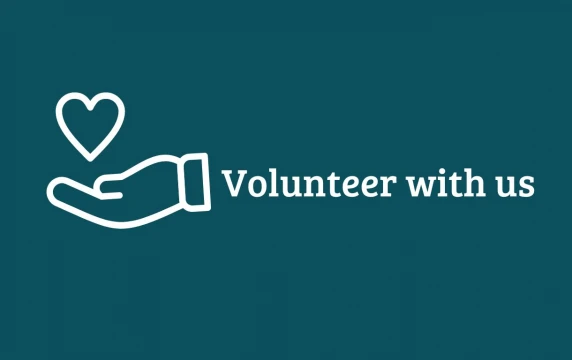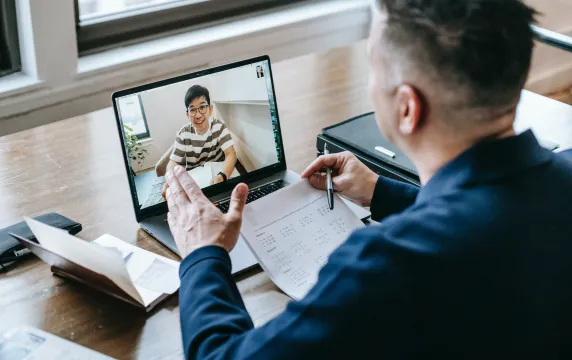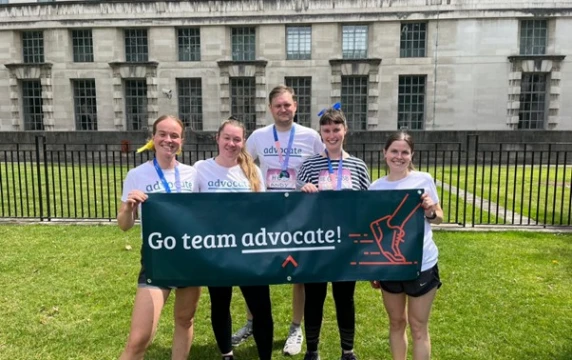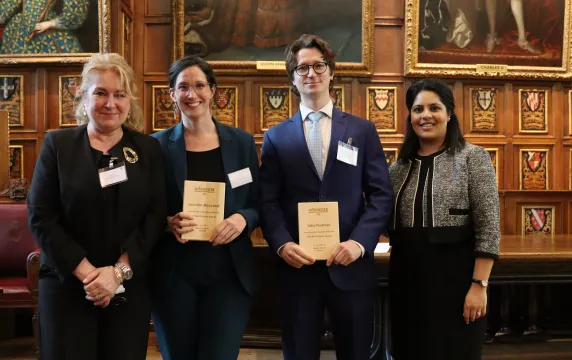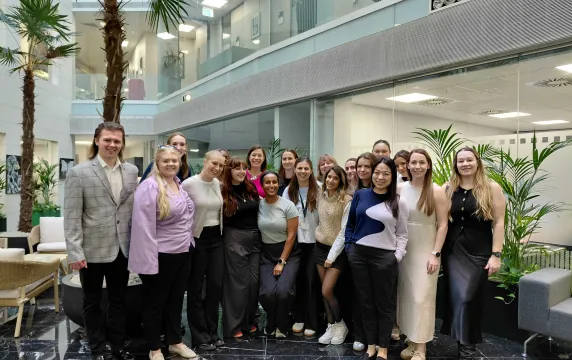At what stage in your career did you undertake your first CLIPS session?
About four years into tenancy.
Why did you decide to do it?
Like many new practitioners, I neglected pro bono work in my first few years as a tenant because I was worried about booking time out of my diary when trying to develop a practice.
Around four years into practice, I attended Central London County Court for an application hearing. My opponent was a litigant in person, who handed me a wet Tesco bag full of papers relating to the application, none of which had been served. Thankfully, two CLIPS advocates were there to offer the litigant in person advice and to advance her points with discretion. The result was beneficial for everyone involved; the litigant in person, the Judge, the court staff, my client - and everyone listed after us.
With this positive experience at the front of my mind – and my lingering guilt for having neglected pro bono work at the back of it – I looked into volunteering for CLIPS.
Have you had any particularly memorable sessions/interactions with judges? What made it stand out?
Two spring to mind.
One of my earliest CLIPS cases was an application for relief from sanctions before HHJ Dight. My CLIPS client wanted time to file a defence and counterclaim in TOLATA proceedings, alleging proprietary estoppel. Her ‘detrimental reliance’ was that she had used her earnings to make mortgage repayments and refurbish the property’s kitchen. With some candour, she explained that her earnings came from various forms of sex work.
Last summer, I had my first experience of remote CLIPS in the High Court, appearing before Penelope Reed QC. In truth, my cases that day were largely uneventful. The remarkable thing was how well the remote format seemed to work. With a (then) pregnant wife, I doubt that I would have volunteered had I been required to attend in person.
What effect has CLIPS volunteering had on your career/practice?
Undoubtedly, it has been positive.
Volunteering for CLIPS requires a barrister to quickly marshal the papers, see the salient points, manage a lay client, and then deliver in court. The relevance of those skills to my own practice is clear.
Further, Judges are always highly appreciative of CLIPS volunteers. I have already used CLIPS to obtain judicial references and would hope to do so again in the future.
What advice would you give to anyone to encourage them to volunteer for CLIPS?
There is no reason to be anxious. Judges are fully aware of the limitations of the Scheme and really are grateful to the volunteers.
If someone is still nervous about volunteering, then they could perhaps volunteer with someone they know.


